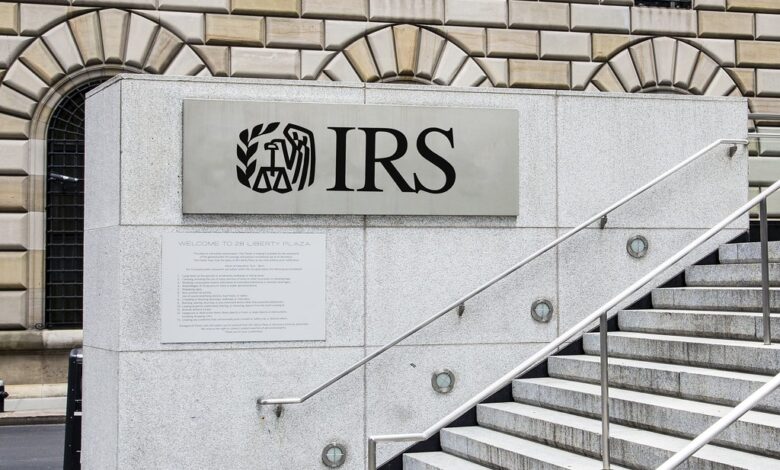U.S. Senator Urges IRS to Revisit Tax Rules for Crypto Staking Rewards

U.S. Senator Todd Young of Indiana is pressing the Internal Revenue Service (IRS) to reassess its Biden-era tax guidelines on crypto staking rewards. The current 2023 IRS guidance requires taxpayers to report staking rewards as income at the time they are received, not when the assets are sold — a policy critics say results in taxing unrealized gains.
Call for Review of IRS Crypto Tax Policy
According to Bloomberg News, Senator Young has asked Treasury Secretary Scott Bessent to re-evaluate the ruling due to concerns about taxpayer uncertainty and potential challenges for revenue projections tied to future legislation.
Young serves on the Senate Finance Committee, while Bessent is acting IRS commissioner.
Digital asset advocates have long argued that the IRS should shift its approach to crypto staking taxation, calling the current policy burdensome and outdated as blockchain participation grows.
IRS Moves Forward With Global Crypto Reporting Framework
This push for policy reconsideration comes shortly after the IRS submitted its proposal to the White House outlining the implementation of the Crypto-Asset Reporting Framework (CARF). CARF is a global standard designed to give U.S. tax authorities access to information on foreign cryptocurrency accounts held by American taxpayers — part of a broader effort to combat tax evasion.
The framework would align the U.S. with 72 countries by 2028, requiring more stringent reporting on capital gains from offshore digital asset platforms.
Developed by the OECD in 2022, CARF aims to unify international crypto reporting and enhance transparency across jurisdictions.
The rollout is expected to begin in 2027, with 50 countries—including key markets like Japan, Germany, and the U.K.—already preparing to adopt the standard.





